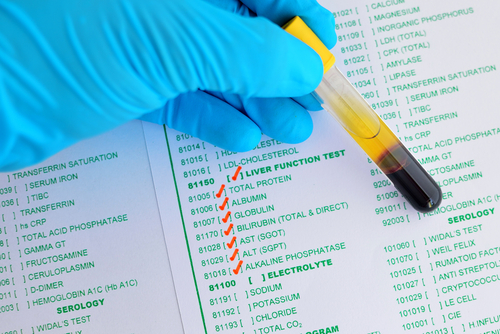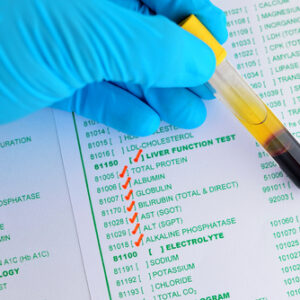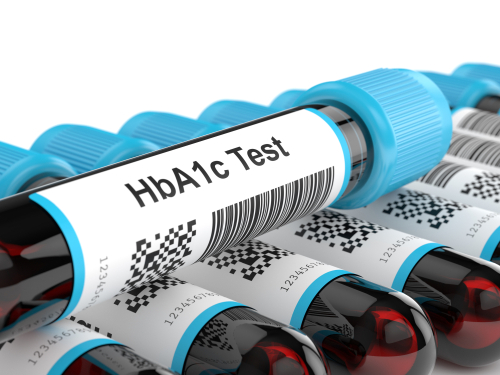What does muscle mass mean?
If you have low muscle mass, it means you have lower-than-average muscle for your age and gender. If you have high muscle mass, your muscle mass is higher than average. Gaining muscle mass can give you more energy and stronger muscles to perform daily tasks. Depending on your body composition, you can have low or high muscle mass with low or high body fat.
Muscle also plays an important role in whole-body protein metabolism, which is particularly important when it comes to your body’s response to stress—including recovery from trauma or illness.
Muscle mass percentage averages for men
| Age | Muscle mass % |
| 18 – 35 | 40 – 44% |
| 36 – 55 | 36 – 40% |
| 56 – 75 | 32 – 35% |
| 76 – 85 | < 31% |
Muscle mass percentage averages for women
| Age | Muscle mass % |
| 18 – 35 | 31 – 33% |
| 36 – 55 | 29 – 31% |
| 56 – 75 | 27 – 30% |
| 76 – 85 | < 26% |
What contributes to low muscle mass?
Losing some muscle mass is expected as you age. However, losing muscle mass rapidly, or atrophy, especially in the context of other symptoms, can indicate an underlying condition.
Lifestyle-related causes
- Aging: Aging sometimes replaces some muscle mass with fatty tissue.
- Sedentary lifestyle: Inactivity causes muscle loss. Using your muscles frequently helps them stay strong.
- Exercise: Exercise may lead to the strengthening of certain muscle groups at the expense of others. Running a marathon, for instance, may lead to some muscle breakdown in the unused muscles, even as the legs become stronger.
Systemic causes
Systemic causes of a loss of muscle mass are related to disease or illness.
- Cancer: Advanced cancers use a lot of energy and may break down muscle as a source of body fuel. Also called ‘cancer wasting’, this is characterized by a progressive loss of not only muscle but also body fat and overall weight. This phenomenon accounts for 20-30% of cancer deaths.
- Chronic disease: Advanced diseases of the lungs, heart, or kidneys can lead to loss of muscle mass.
- Neurologic deficits: Altered cognition and movement difficulties associated with the neurologic disease can indirectly lead to muscle loss.
- Medication side effects: Some medications may cause loss of muscle mass.
- Genetic: Rare genetic diseases can result in loss of muscle mass[Muscular dystrophies like Duchenne muscular dystrophy (DMD) and Becker muscular dystrophy (BMD)]
Metabolic causes
- Malnutrition: Extremely poor diet can lead to loss of muscle mass as your body breaks down the muscles for energy.
- Endocrine disease: Imbalance of various hormones caused by damage to hormone-producing glands can lead to unintentional weight loss. As in the case of diabetes or an over-active thyroid (hyperthyroidism).
Inflammatory causes
- Autoimmune disease: Autoimmune disease, is when your immune system becomes confused and attacks your own tissues, can lead to weight loss due to the associated high energy use.
- Infectious disease: Chronic infection can cause weight loss and loss of muscle mass as your body breaks down tissues for energy.
Gastrointestinal causes
- Malabsorption: Some diseases of your digestive tract make it less efficient at absorbing nutrients, leading to loss of muscle mass.
- Inflammatory: Inflammation of your stomach or intestines can cause poor nutrient uptake.
Psychiatric causes
Psychiatric causes relate to your feelings, emotions, behaviours, and cognitive processes.
- Mood disorder: Certain mood disorders, especially depression, can lead to a loss of appetite.
- Eating disorder: People may lose muscle mass if they have an eating disorder that alters their nutritional intake.
- Drug use: Overuse of certain substances can lead to weight loss and loss of muscle mass. Examples include usage of methamphetamines (“meth”).
What happens with lower muscle mass?
A lower muscle mass in a person could cause low energy, fatigue, obesity-related issues, increased risk of falls and fractures.
How can I improve my muscle mass?
Perform Strength training activities
- Bodyweight exercises, like pushups, squats, and lunges
- Resistance band movements
- Workouts with free weights, or even objects like soup cans
- Workouts with stationary weight machines, like a leg curl machine
Eat protein with each meal
You need protein to build and maintain muscle. To achieve this, you should be looking to eat at least 1g per 454g of body weight. That’s 200g/day if you weigh 91kg. The easiest way to get this amount is to eat a whole protein source with each meal. These include:
- Red meat. Beef, pork, lamb, etc.
- Poultry. Chicken, turkey, duck, etc.
- Fish. Tuna, salmon, sardines, mackerel, etc.
- Eggs. Don’t believe the cholesterol myths. Eat the yolk.
- Dairy. Milk, cheese, cottage cheese, quark, yogurt, etc.
- Whey. Not necessary but great for easy post-workout shakes.
- Try vegan options too, such as lentils, tofu, seeds, and nuts.
Eat every three hours
Eating the right thing at the right time is crucial for helping you boost your muscle mass. The easiest way is to eat your breakfast, lunch and dinner as usual, interspersed with meals post-workout, pre-bed and with two snacks in between. By keeping your food intake up, it will mean you won’t be as hungry, because eating smaller meals more often versus a few big meals will decrease your stomach size. You’ll feel full more quickly and your waist will trim, while you’ll also have fewer cravings. Not eating for long periods can cause you to overeat at the next meal or topping yourself up with unhealthy snacks from the vending machine. So to stop any cravings, eat at fixed times every day and your body will get hungry at those fixed times.
Drink plenty of water
Strength training causes water loss through sweating which can impair muscle recovery and thus, it won’t help you increase your muscle mass. Drinking water prevents dehydration but also hunger since an empty stomach can make you think you’re hungry.






